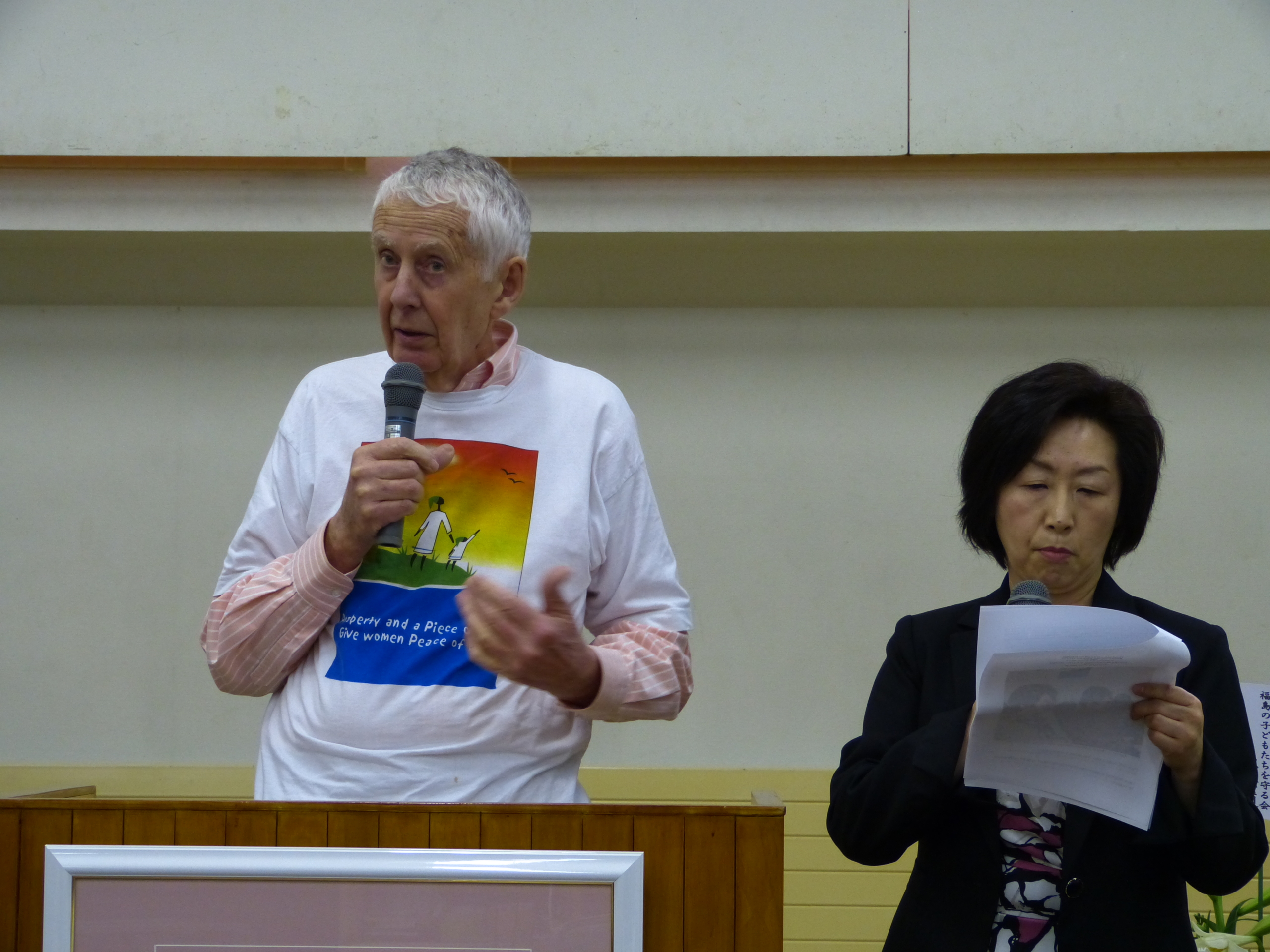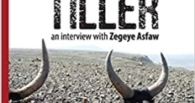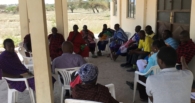Celebrating Lionel Cliffe
Robin Palmer
14 January 2015
/
- 0 Comments
A remarkable colloquium was held in Cape Town on October 20-21 to celebrate the life and work of Lionel Cliffe, who died of cancer last year.[1] Lionel was a man of very many parts – a prolific radical academic, a committed activist, a keen cricketer, the principal founder in 1974 of the Review of African Political Economy, and someone who was always practical, asking ‘what is to be done?’. He was also always there for people seeking his advice and help, whatever their status. He worked in many countries in eastern and southern Africa. The colloquium reflected that, with young scholars from Tanzania (Lionel’s first overseas posting), Zambia, Zimbabwe and South Africa mixing with an older generation of people who had worked with him in those countries and in Kenya and Eritrea in decades gone by.
Lionel and I were neighbours on the campus of the University of Zambia in the 1970s; we comprised the British addition to a South African team assessing the impact of the South African land reform programme in 2000; we were at many conferences together; and he was a very willing participant in a group I organised to present papers on land at the African Studies Association of the UK conference in Oxford in 2010, where he wrote and spoke about Historical Reflections on Land Reform in former Settler Colonies: Kenya, Zimbabwe and South Africa in Comparative Perspective.
The colloquium was of course a poignant event, but there was a general feeling that it was very successful in evoking Lionel’s spirit and certainly in illustrating the very broad range of his scholarship and his activism. The mix of generations worked well too. There were some excellent presentations clustered under: electoral politics in post-liberation Africa; agrarian structure and class relations; land redistribution; labour and migration; Zimbabwe; agrarian struggle and peasant agency; and agricultural commercialisation.[2]
There was a remarkable presentation on De Beers, the mining group founded by Cecil Rhodes in 1888. The story was one of misinformation, lack of accountability, tax avoidance etc. on a global scale. I felt that Rhodes would have been proud of his successors. Another depressing theme was the current weakness of African universities, in sharp contrast to the 1960s and 1970s, when Lionel and I were lecturing in Africa. It was sad that the fine scholar and activist Emmanuel Sulle has had to pursue his career at PLAAS in the University of the Western Cape rather than at home in Tanzania.
The complex South African land reform programme is now clearly in deep trouble. There has been excellent research on land in Zimbabwe in recent years, but no space to bring its findings into serious debate with government. During my 10 days in Cape Town I read James Meek’s excellent but deeply disturbing book, Private Island, Why Britain Now Belongs to Someone Else (London, Verso, 2014) and on October 24 I attended a truly scary symposium on proposed shale gas mining / hydraulic fracking in the Karoo.
A combination of all this left me thinking that, despite all the technological advances, social media etc., how much more complex and depressing the world is today for the young scholar activists I met in Cape Town than was the case for Lionel back in the 1960s.
[1] The title was Democracy, Land and Liberation in Africa Today: Bridging Past and Present Scholarship. A colloquium in honour of Lionel Cliffe
[2] My extremely self-indulgent paper was called, Working on Land – History, Rights and Grabbing – in the Academic, NGO and Consultancy Worlds, 1964–2014
You must be logged in to post a comment.



